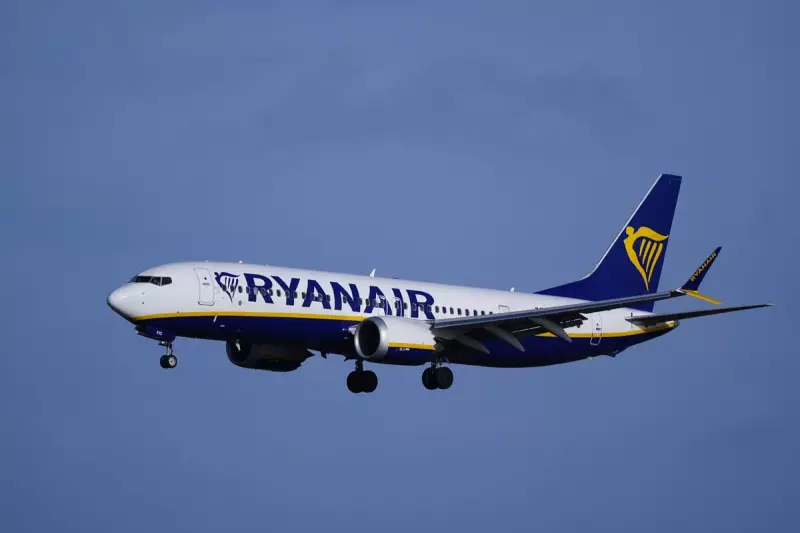
Ryanair has been forced to implement significant fare reductions for the upcoming summer season after Boeing delivery delays left the budget carrier with millions of empty seats to fill.
The airline's outspoken CEO Michael O'Leary revealed the pricing strategy shift during a press briefing in London, acknowledging that the carrier will have to absorb lower fares to maintain passenger numbers.
Boeing's Production Problems Bite
The core issue stems from ongoing production delays at Boeing, which have left Ryanair short of approximately 23 aircraft that were scheduled for delivery before the peak summer travel period. This aircraft shortage represents around 5 million fewer seats than originally planned.
"We're going to have to stimulate the market with lower fares," O'Leary stated bluntly. "We've already seen airfares in the first quarter of the year fall compared to the same period last year."
Passenger Benefits Amid Operational Challenges
While travellers can expect to find bargain prices, the situation presents significant operational headaches for Europe's largest budget airline. The delivery delays have forced Ryanair to:
- Close several underperering bases across its European network
- Reduce flight frequencies on less profitable routes
- Delay the launch of new seasonal routes
- Extend the winter schedule on some services
O'Leary didn't mince words when assigning blame, directly pointing to Boeing's ongoing production issues as the primary cause of the disruption.
Industry-Wide Implications
The Ryanair situation highlights broader challenges facing the aviation industry as it continues its post-pandemic recovery. Boeing's production delays are affecting multiple carriers worldwide, though budget airlines with aggressive growth plans are particularly vulnerable.
Despite the current challenges, O'Leary expressed confidence in Ryanair's long-term strategy, emphasising that the lower fares would help maintain market share and passenger loyalty during what he described as a "temporary" setback.
The airline boss warned, however, that if Boeing deliveries fall further behind schedule, additional flight cancellations might become necessary later in the year.





